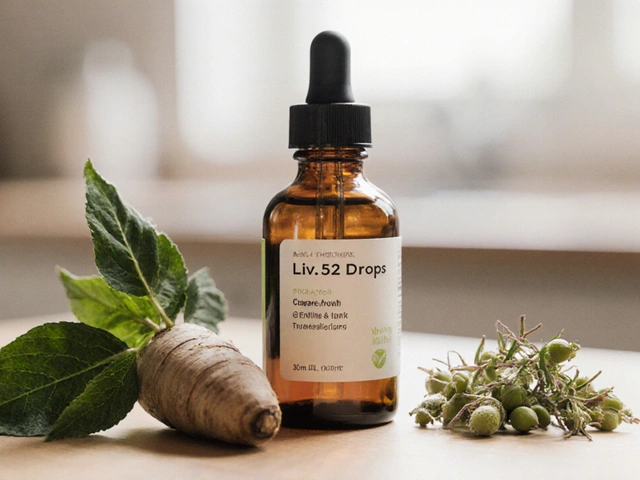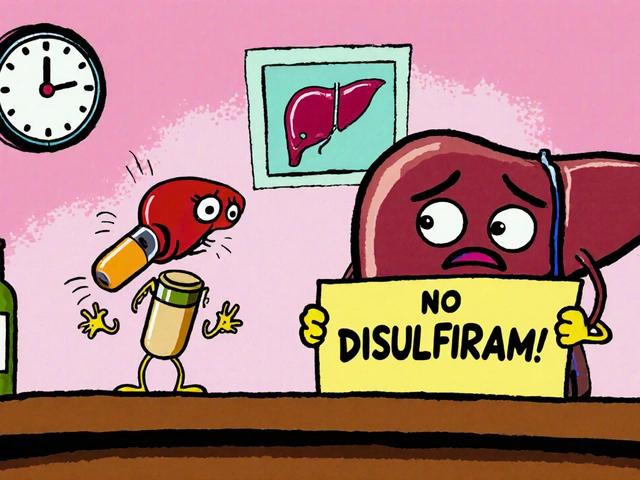April 2025 Archive — research and practical drug guides
This month’s posts mix surprising research with clear treatment advice. You’ll find a study-backed look at how acetaminophen affects social pain, a no-nonsense guide to using levofloxacin after anthrax exposure, a list of real alternatives to Zithromax, and practical options if Wellbutrin SR isn’t right for you. Read fast summaries below so you can pick the article that fits your needs.
Research highlights: acetaminophen and anthrax info
One article digs into lab studies showing acetaminophen can lessen emotional pain — things like rejection or embarrassment. Placebo-controlled work reported lower self-reported hurt and reduced activity in brain areas tied to pain processing, such as the anterior cingulate. Bottom line: the same neural circuits handle some physical and social pain, but this doesn’t mean you should use acetaminophen to treat ongoing emotional problems. If feelings persist, talk to a clinician or counselor rather than self-medicating regularly.
Another piece explains why levofloxacin is a go-to drug for anthrax exposure and infection. It covers when doctors use it for post-exposure prevention versus active treatment, and what side effects to watch for — common ones like nausea, and rarer but serious risks such as tendon issues or nervous system effects. The article also outlines practical steps after suspected exposure: seek immediate medical evaluation, follow public health instructions, and don’t delay starting prophylaxis if advised by professionals.
Practical treatment guides: alternatives and choices
Can’t take Zithromax (azithromycin)? The site lists eight real alternatives and when each makes sense. For example, doxycycline or ceftriaxone might be chosen depending on the infection type, patient allergies, or pregnancy. The guide explains pros and cons — dosing differences, typical side effects, and scenarios where one drug is preferred over another — so you can have an informed conversation with your prescriber.
If Wellbutrin SR (bupropion) isn’t working or causes trouble, another article compares five alternatives, including common SSRIs and other antidepressant classes. It highlights things patients care about: impact on sleep, sexual side effects, weight, and how quickly a drug may start to help. The point is practical: no single medication fits everyone, so use these comparisons to discuss realistic trade-offs with your doctor.
Want more detail? Click any article title on the archive list to read the full post. If you have a health emergency — suspected anthrax exposure, severe side effects, or suicidal thoughts — seek urgent medical help right away. For non-urgent questions about drug choices or study findings, bookmark these guides and bring them to your next appointment to get personalized advice.
Ventolin vs. Levalbuterol: A Detailed Clinical Comparison of Modern Inhalers
Curious about whether Ventolin or Levalbuterol is the better inhaler for your asthma or COPD? This article dives deep into the differences between racemic and R-isomer formulations, explaining how they work, when doctors choose one over the other, and the clinical facts you need. Expect real research, practical tips, and advice on what matters when picking your inhaler, plus a look at side effects and cost factors. If you ever wondered why some folks prefer Levalbuterol or stick with tried-and-true Ventolin, you'll get solid answers here, minus the medical jargon.
Read More









